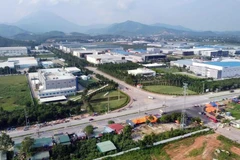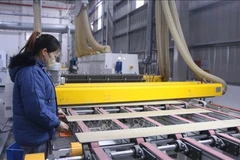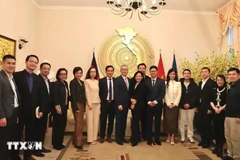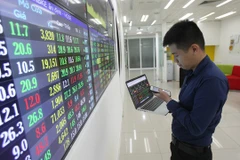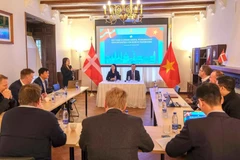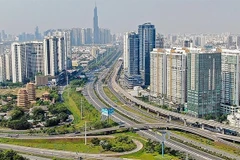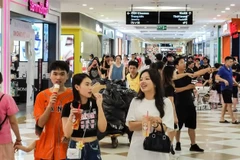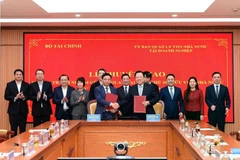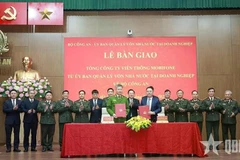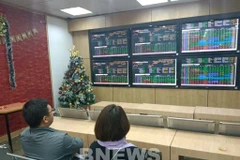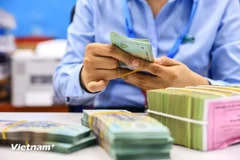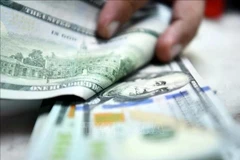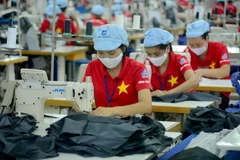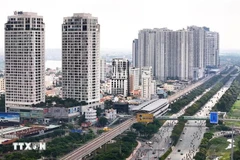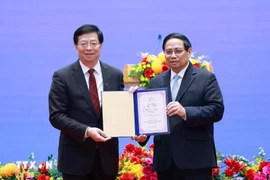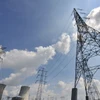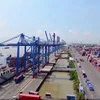This is to control cash flow in real estate transactions and prevent tax losseswhile ensuring transparency for both buyers and sellers, according to Ly ThiHoai Huong, deputy head of the Tax Administration Department for Small andMedium Enterprises, Business Households and Individuals.
The General Department of Taxation also proposed adding an investigationfunction to the tax agency, and amending several regulations related to theLand Law, so that the land price of the provincial People's Committees willgradually approach the market price.
The Hanoi Tax Department has issued a warning about false declarations of realestate prices to evade taxes. In the terms of estate investors, this is 'thedifference' that exists outside of a contract, with no written proof. However,the Department warns that the buyer has a high probability of losing thisdifference if there is a dispute, and will be handled by the law when thisbehaviour is discovered.
In Ho Chi Minh City, District 10’s Tax Department discovered many apartmentsales with a transfer value of 4-5 billion VND, but a declared and paid taxamount of just 1 billion VND. They transferred the file to the police toinvestigate and clarify.
Many people think that it is very difficult to determine the real trading priceif both buyers and sellers agree to a lower price. The tax authority has adatabase of prices, but the same street or the same apartment building hasdifferent values.
According to lawyer Nguyen Thanh Nha from DBS Law Firm, the seller usually onlydeclares about 30 or 50 percent of the real value. Especially in transactionsof a large value, tax evasion can be higher.
Economist Dinh The Hien told Nguoi Lao Dong (Labours) Newspaper that theGovernment has implemented a non-cash payment policy for many years. This is amajor policy for effective and transparent economic development.
At the same time, the newly proposed regulation also requires transaction unitsof over 20 million VND to pay through banks for tax deductions. Therefore, theregulation is nothing new or sudden. Real estate is both a commodity and agreat asset that needs to be controlled for transparency. Payment through banksis beneficial and safe for both parties to limit risks for both buyers andsellers and to raise the level of the estate market. It would also help Statemanagement agencies to have macro-level research data on prices, trends, andmarket capitalisation.
He added that in many countries, especially the US, property transactions areonly done through a licensed broker and all payments must go through a bank.Banks themselves can provide intermediary payment services as, afternotarisation, the buyer's money will be frozen. The seller can only receive themoney after completing the transfer procedure.
Nguyen Van Dinh, chairman of the Vietnam Real Estate Brokers Association, alsosaid that it was necessary to make payment through banks for real estatetransactions. This would help prevent tax loss, fight money laundering andcreate transparency for the market. From there, it could also contribute tolimiting the situation of price inflation and manipulation, causing instabilityin the property market.
At the same time, it was necessary to raise people’s awareness of the benefitsof implementing this solution and to apply it synchronously with otherregulations./.





